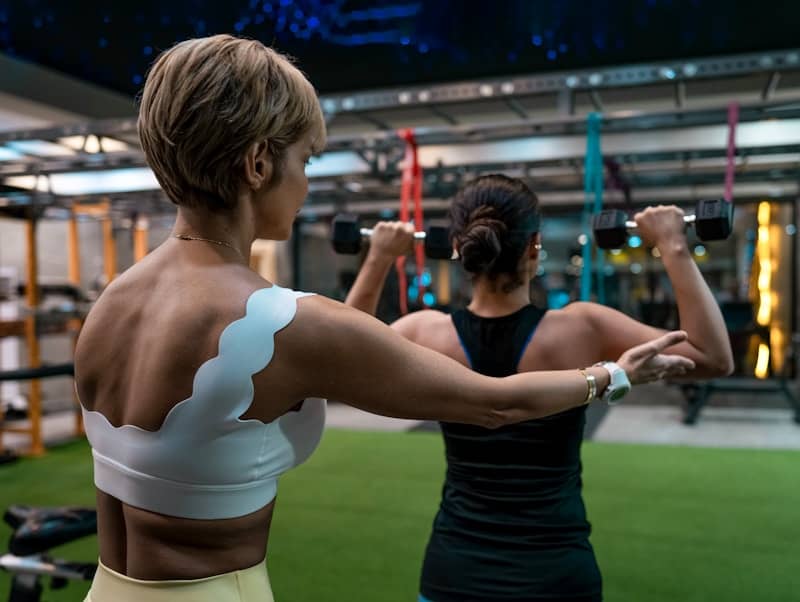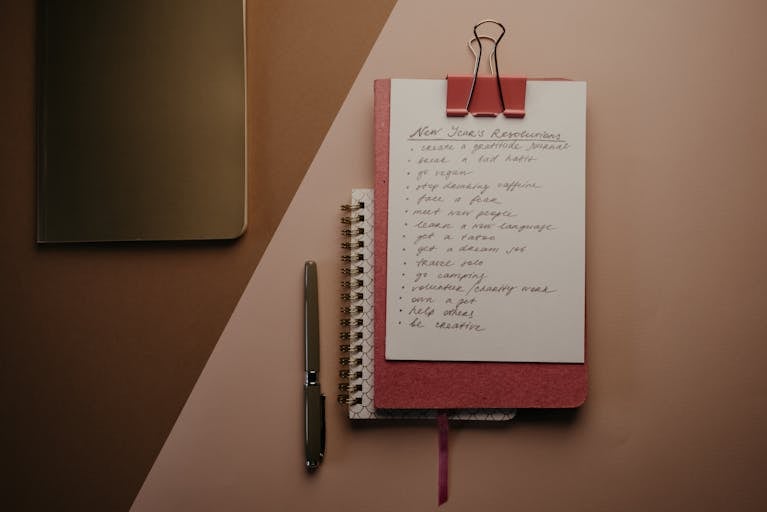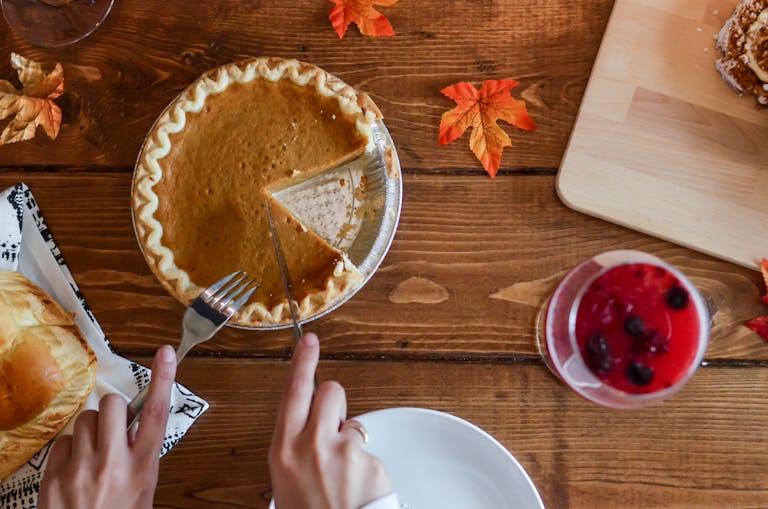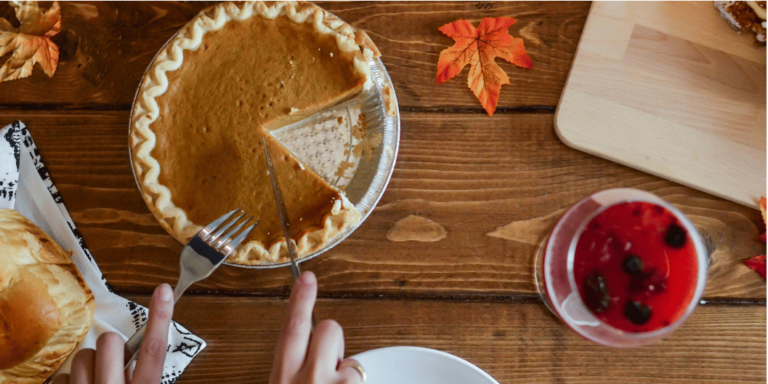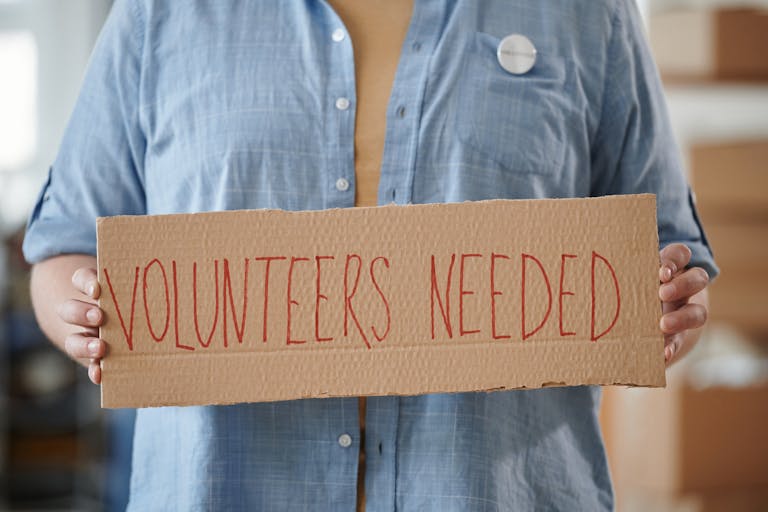OverSixtyInsights Post – Your Bones over Sixty
Recently, I had my first DEXA bone density test. I work out on average 6-7 days a week. A combination of 5-mile walks, spinning and some limited weight training. I was shocked. I had osteopenia. Osteopenia, according to Wikipedia, is known as “low bone mass” or “low bone density”, it is a condition in which bone mineral density is low. Osteopenia is the early stage of Osteoporosis and places a person at higher risk of developing Osteoporosis. This has sent me on a journey to learn more. Most women’s bones and strength continue to develop until the age of 30. This can be maintained with diet and exercise. When women hit menopause, that is when we typically begin to lose our bone mass due to the hormonal changes. Women can lose up to 20% of their bone density during this time. The loss will typically stabilize but may begin to decline again at 70. Men also can have age-related bone loss, especially after 50. Lower levels of testosterone, certain medications as well as diet and exercise contribute to the amount of bone loss as men age, impacting your bones over sixty. How can you improve bone health?While some bone loss will be inevitable, there are things you can do to minimize this loss. The two areas I will focus on will be diet and exercise. Even after sixty, your bones can benefit greatly from these changes. DietIncorporating a diet rich in both protein and calcium will help maintain good bone health. Here are some ideas:
Exercise
My spin instructor and personal trainer Anna K. recommends focusing on strength training for promoting weight loss, bone density, metabolism health and functionality. Focus on cardio for heart health and a long life. Maintain a healthy weight. Most people in their sixties were at some point part of the obsession with being skinny. That is not healthy and can be the precursor to bone loss. Being overweight can also put a lot of stress on your bones. Find that happy balance. Additionally, smoking and alcohol can contribute to bone loss particularly affecting your bones over sixty. You can stop bone loss and even improve it as you age. Talk to your doctor and make sure you get your DEXA bone scan starting at 60. This will help you live a stronger, healthier life in your golden years.
Additional articles: WebMD, Cleveland Clinic, Mayo Clinic |

